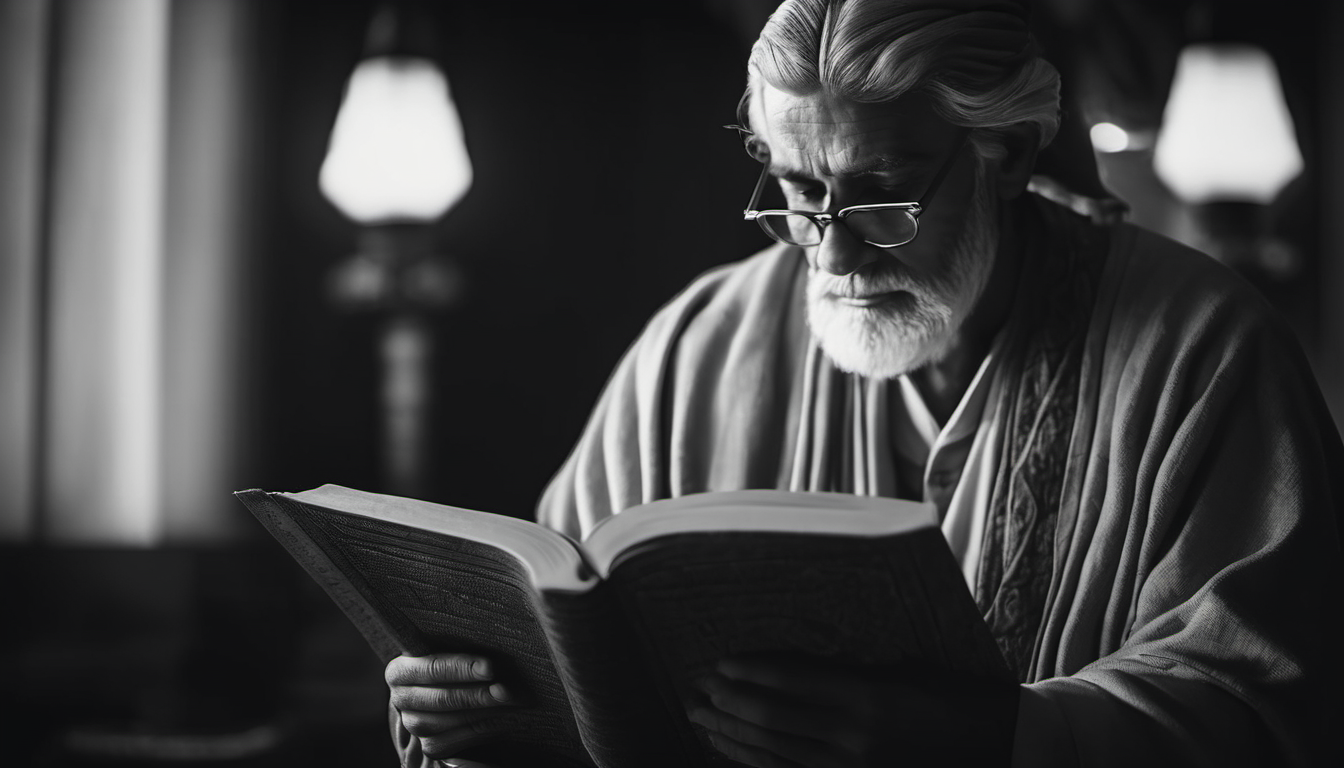INTRODUCTION
“MYP individuals and societies encourage learners to respect and understand the world around them and equip them with the necessary skills to inquire into historical, contemporary, geographical, political, social, economic, religious, technological, and cultural factors that impact individuals, societies, and environments. It encourages learners, both students and teachers, to consider local and global contexts. MYP individuals and societies incorporate disciplines traditionally studied under the general term “the humanities” (such as history and philosophy), as well as disciplines in the social sciences (such as economics, business management, geography, sociology, and political science).”
MYP Individuals and Societies Guide 2014. pg 4.
GENERAL OBJECTIVE
To develop critical thinking by analyzing social science in a way that will pique their interest as members of society and positively impact their respective contexts.
METHODOLOGY:
Students will be exposed to the various content areas of the Individuals and Societies class through visually engaging presentations, accompanied by comprehensive explanations from the teacher. Furthermore, their understanding and progress will be assessed through interactive discussions, workshops, hands-on activities, investigative tasks, and written evaluations. Lastly, the summative assessment will be conducted using the Project-Based Learning (PBL) approach, which fosters the cultivation of critical thinking and reflective skills in students, enabling them to apply their acquired knowledge in practical and meaningful real-life contexts.
CONTENT:
Period | Topic / Unit | Content |
1st | Ancient European World | - Greece. - Ancient Greek Civilization. - Rome. - Roman Republic. - Roman Empire: rise, division, and fall. |
1st | The Middle Ages | - Middle Ages: Early (476 C.E.- 1000 C.E.) - Western Roman Empire. - Byzantine Empire (Eastern Roman Empire) - Middle Ages: High (1000 C.E. - 1300 C.E.) - Feudalism. - The Crusades. - The Holy Inquisition. - Middle Ages: Late (1300 C.E. - 1500 C.E.) - Renaissance. - Black Death. |
2nd | Human Geography | - General Concepts of Human Geography. - Urban and Rural Geography. - Structure, distribution, and Density of the world's population. - Cartography. - Different types of maps. |
2nd | Colombia, del pasado al presente | - Época Colonial en la Nueva Granada. - La Conquista de la Nueva Granada. - Periodo Colonial de La nueva Granada. - Revuelta de los Comuneros. - ”Independencias” de Colombia. - Derechos y deberes de la Constitución Política de Colombia. - Mediación de conflictos en pro del establecimiento de una cultura de la paz. - La acción de Tutela como mecanismo de - protección y defensa de derechos. - Declaración Universal de los DDHH. |
COMPETENCES / ABILITIES TO DEVELOP
Knowing and understanding: 25%
Use vocabulary in context.
Demonstrate knowledge and understanding of subject-specific content and concepts, using descriptions, explanations, and examples.
Investigating: 25%
Explain the choice of a research question.
Follow an action plan to explore a research question.
Collect and record relevant information consistent with the research question.
Reflect on the research process and result.
Communicating: 25%
Communicate information and ideas with clarity.
Organize information and ideas effectively for the task.
List sources of information in a way that follows the task instructions.
Thinking Critically: 25%
Identify the main points of ideas, events, visual representations, or arguments.
Use the information to give an opinion.
Identify and analyze a range of sources/data regarding origin and purpose.
Identify different views and their implications.

- Profesor: Cristian David Cardona Valencia
- Profesor: Pablo Cesar Valencia Giraldo